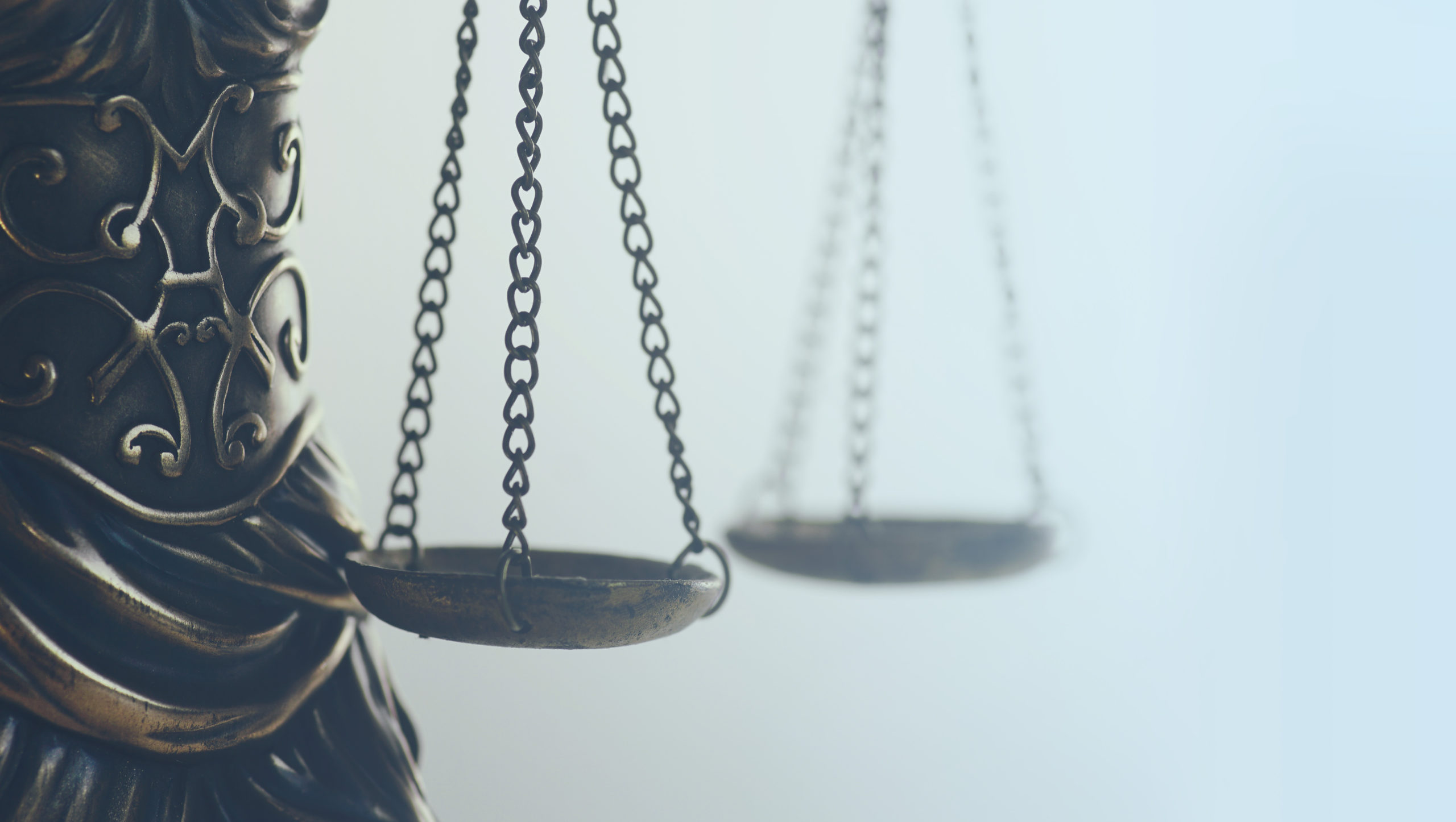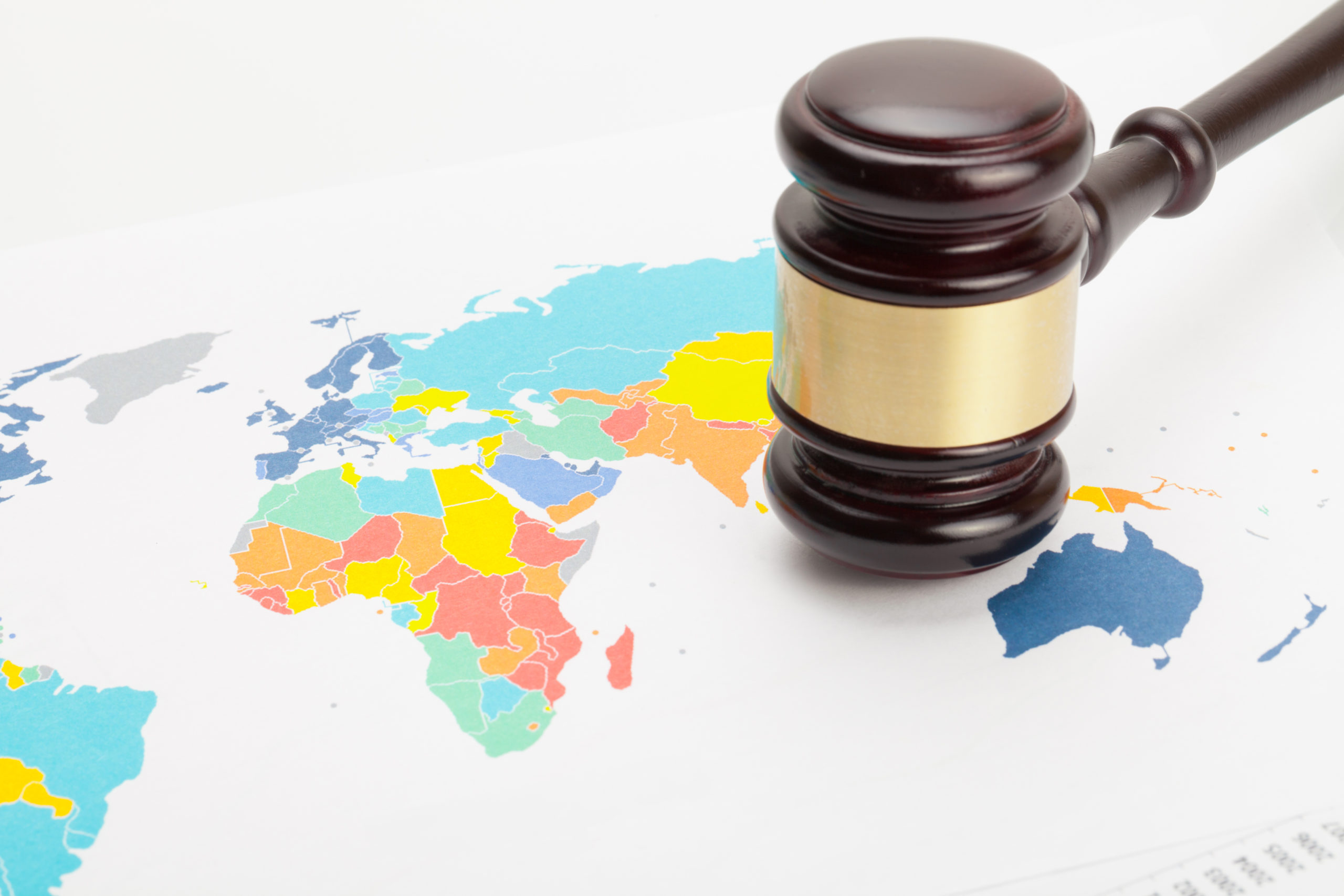- People
- Expertise
Our expertise
We are a team of more than 600 professionals, with the depth of experience which makes us genuine experts in our fields. Together, gunnercooke’s people have strength across just about every corporate discipline and sector. We provide legal, commercial and strategic advice that delivers real value to the clients we work with, which span from multinational enterprises through to not-for-profit organisations. Our breadth of expertise covers some of the most interesting emerging disciplines such as charity, crypto, sports and competition law.
Search by practice areaDispute ResolutionDispute Resolution OverviewMeet the Dispute Resolution TeamIntellectual Property DisputesFinancial Services & FinTech OverviewProceeds of CrimeEmployment TribunalTax InvestigationProperty Dispute ResolutionInsolvency DisputesMediationCivil Fraud & Asset TracingHealth & SafetyBusiness Crime & InvestigationsLitigation & ArbitrationInternational Arbitration - International
International Offices
The gunnercooke group has 16 main global offices across England, Scotland, the US, Germany and Austria, with further plans for growth in the coming years. These offices enhance the existing in-house capability of our dedicated international teams and dual-qualified experts that cover Spain, France, Italy, Portugal, Brazil, China, India, Poland and Hungary. Our team have clients across 123 jurisdictions, speak 46 languages and are dual-qualified in 21 jurisdictions. Our expertise means we can offer large teams to carry out complex cross-border matters for major international clients.
- Our story
Our story
gunnercooke is a Top 70 law firm. We comprise a rapidly growing number of experts spanning legal and other disciplines. Clients benefit from flexible options on fees to suit their needs, access to a wider network of senior experts throughout the relationship, and legal advice which is complemented by an understanding of the commercial aspects of running a business.
- Reading Room
- News & Insights

Reports from America about criminal charges being brought against Teva Pharmaceuticals for price fixing show that cartel behaviour amongst businesses is still common. But according to recent research, few businesses in the UK understand competition law and even less offer training to their staff. Given the low rate of success in prosecutions for involvement in cartels, one might understand why it’s just not on the radar for many businesses. But behaviour designed to limit competition between companies impacts on both businesses and consumers, and in the light of the UK authorities’ powers, both civil and criminal, to enforce competition law, it is worth businesses familiarising themselves with the basics and considering how they might protect themselves from falling foul of the law.
Anti-competitive behaviour is where rival companies enter into agreements with each other to take action designed to prevent, restrict or distort competition in the market. Such behaviour is bad for businesses and consumers for various reasons – it results in higher prices, it stifles efficiency and innovation, it can result in poorer quality products and denies the customer the ability to choose. To act as a deterrent, the Competition Act 1998 established a civil regime with the power to impose substantial fines on businesses who participate in such behaviour. However, just a few years later it was considered that the civil regime was not a sufficient deterrent. The Enterprise Act 2003 introduced a criminal offence for individuals who participate in cartels punishable by up to 5 years in prison and an unlimited fine.
Cartels are considered the most hardcore form of anti-competitive behaviour and occur when rival businesses agree to work together to prevent them from competing against each other, for example by agreeing to fix prices for certain products, limit the supply of goods, divide up the market between them or agree what bids to enter into tenders, while maintaining the illusion that they are still legitimate competitors.
The UK’s record in prosecuting individuals alleged to have engaged in cartel activity is not a happy one. Following an 8-year investigation, the SFO instigated its largest ever prosecution against five pharmaceutical companies alleged to have agreed to fix the prices of medication supplied to the NHS. However, in 2008, the trial judge quashed the indictment against all five corporate defendants and all nine individual defendants, resulting in the collapse of the case. In the same year, three individuals accused of participating in a cartel in connection with the supply of Marine hoses in the UK pleaded guilty. They were sentenced to a period of between 2.5 and 3 years imprisonment, although that was later reduced on appeal. Another case collapsed in August 2008 – 4 employees and directors of British Airways were charged with dishonest agreements to fix prices for the supply of passenger air transport services by BA and Virgin Atlantic. That case collapsed shortly after the trial began. In 2014 an individual charged with dishonest cartel activity in connection with the supply of galvanised steel tanks for water storage pleaded guilty and received a suspended sentence. However, two further men who pleaded not guilty were acquitted by the jury. A large investigation into suspected cartel activity in the construction industry commenced in 2013 involving dawn raids, the seizure of enormous amounts of information and the arrest of seven individuals. Only one person was charged. He pleaded guilty in March 2016 and received a suspended sentence.
The lack of success in prosecuting has been put down to the difficulties in establishing that the participants had entered into the agreement dishonestly. In 2014 the offence was amended so that the prosecution is no longer required to show that the agreement was entered into dishonestly. Whether this results in more successful outcomes for the prosecution remains to be seen.
Does this mean that businesses can afford to be complacent? It does not. The Competition and Markets Authority, the body which regulates and enforces competition law, must extensively investigate, and gather information, including by way of surveillance. It can impose fines and institute director’s disqualification proceedings. In the worst cases it can bring prosecutions against both businesses and individuals. Although so far, such prosecutions have lacked success, the impact of an investigation on a business in terms of time, money and reputation should not be under-estimated. All businesses involved in the supply of goods and services may wish to consider the implementation of a robust anti-competition policy and a training programme for staff.






